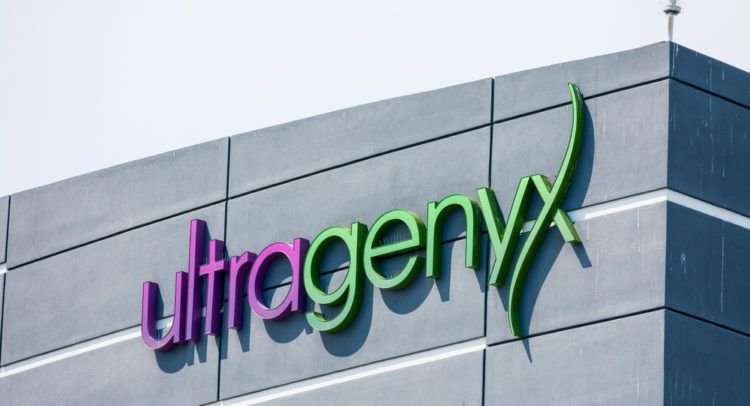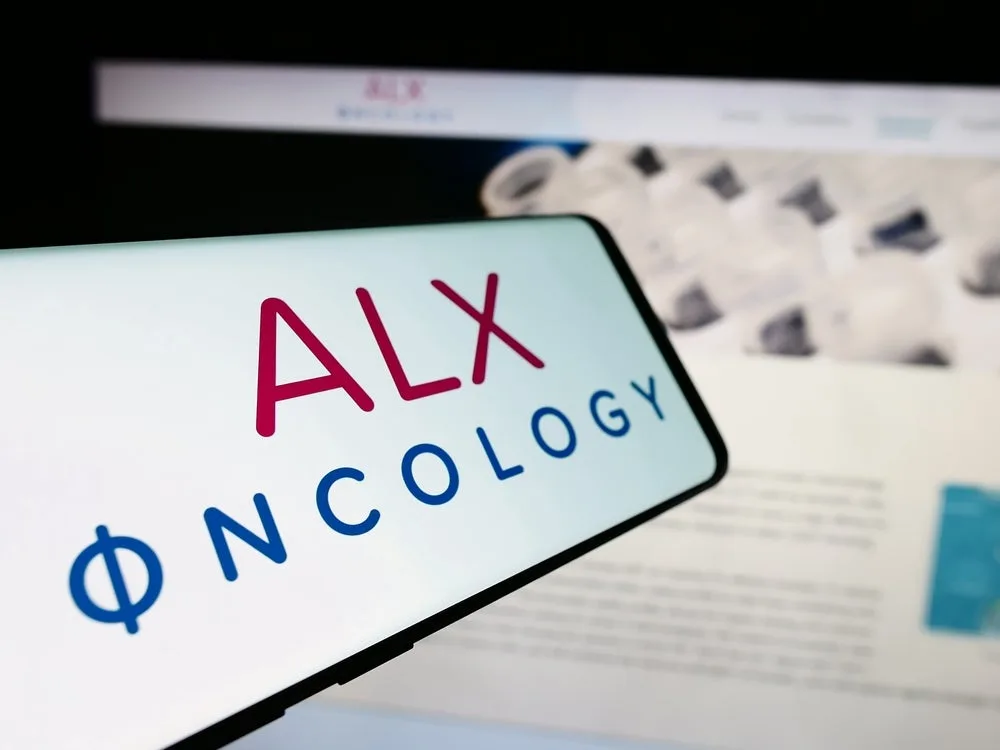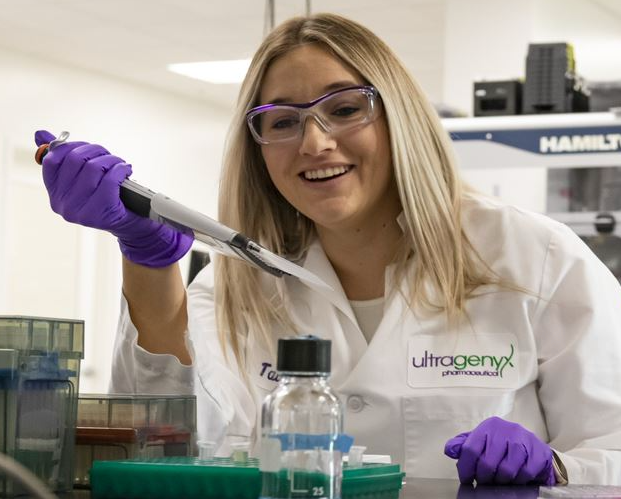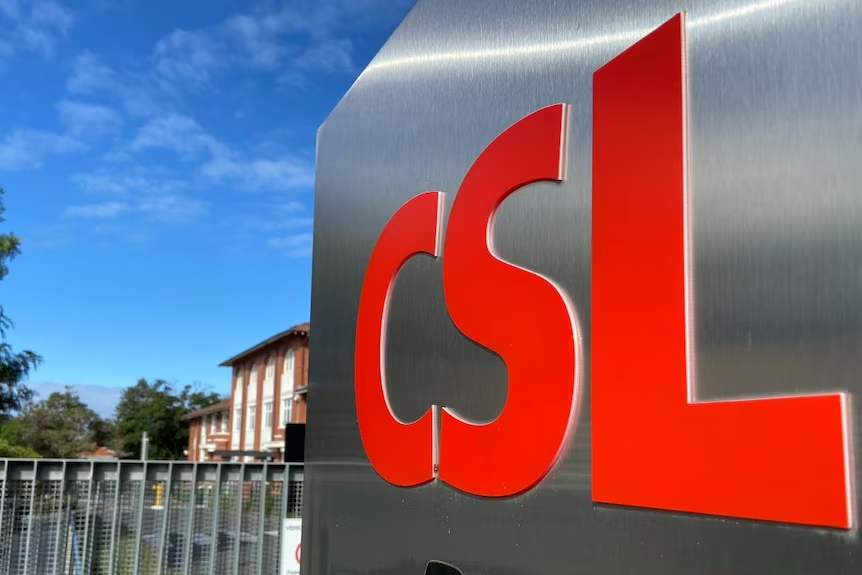23 January 2025 – ALX Oncology Holdings, Inc. (Nasdaq: ALXO), a clinical-stage biotech advancing next-gen immune-oncology treatments, unveiled compelling data from its ASPEN-06 Phase II trial today at the ASCO Gastrointestinal Cancers Symposium in San Francisco.
The study tested evorpacept, an investigational CD47‑blocking monoclonal antibody, in combination with trastuzumab, ramucirumab, and paclitaxel in patients with previously treated HER2‑positive advanced gastric cancer (GC) or gastroesophageal junction (GEJ) cancers.
In her presentation, Dr. Kohei Shitara, Director of GI Oncology at the National Cancer Center Hospital East (Japan) and lead investigator, highlighted several key outcomes. The updated dataset indicates that evorpacept’s addition resulted in durable responses and maintained a well-tolerated safety profile, demonstrating the potential clinical utility of CD47 inhibition in this aggressive cancer subset.
The mechanistic rationale for targeting CD47 is gaining traction: as the “don’t eat me” signal, CD47 inhibits phagocytosis by macrophages. Ev orpacept disrupts this immune-evasive signaling, potentially enabling innate immune cells to target tumor cells more effectively. The trial combined this immune priming with established modalities—HER2 inhibition, VEGFR blockade, and chemotherapy—to mount a multipronged attack on tumor survival mechanisms.
At ASCO‑GI, ALX underscored that these latest findings reinforce evorpacept’s positioning as a cornerstone immuno-oncology agent, suitable for integration into complex combination regimens.
As ALX continues to accumulate efficacy and safety data, evorpacept may increasingly be seen as an immune modulator that complements existing targeted and chemotherapy approaches. The durable responses in a heavily pretreated HER2-positive population could pave the way for larger randomized trials and eventual registration pathways.















